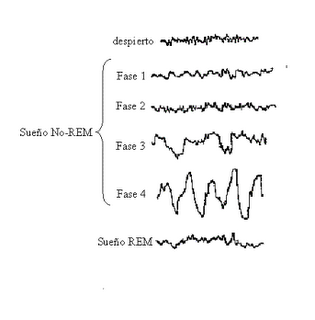
Sometimes we learn in a way
too fast and we do not perceive the complexity that lies behind it all
process. Other times it is more difficult learn
and we wonder why it is so complicated.
it is necessary to learn the different aspects related to a given activity, e
different areas of our brain are involved in this process. For instance,
to learn to play the piano you have to manage the exact sequence of the
musical notes and the appropriate sequence of finger movements. For
learn the concept we will have to break it down into parts, analyze the relationships,
try to simplify and finally return to reintegrate everything. So much in motor learning
as in the conceptual one, memory is always involved. For this reason
many psychological experiments center on evaluating which ones are
ideal learning conditions based simply on memory
(obviously, this is not an optimal approach to the learning process,
but it can offer us a very interesting and simple trick to improve it
same). But… we can improve learning
simply by changing the time to study? Can sleep improve the
learning process? Professors always have
recommended that students sleep well and soundly the night before
exams, so that you can have a fresher and better mind
attention. It is also known that the conceptual contents will have to be learned
during the night so that they can be properly consolidated during sleep,
since during the day the large amount of information to which we are
exposed, it will act as a barrier and erase much of what we have
tempted to learn. So… it's really better
study at night? In 1972 a
experiment in which it was shown that we are capable of retaining a greater quantity
of information if we sleep before or after learning something new. In
this case a hypothesis was launched which stated that it doesn't matter if learning
occurs during the day or night, the essential factor is that sleep
precedes or follows learning. Several decades later, some neuropsychologists
Harvard University, they were able to confirm that, in fact, even if the
time of day can be important as it affects our level of
attention and therefore we will assimilate a greater or lesser amount of information,
in fact, the essential factor for consolidating learning is sleep. These neuropsychologists
they carried out an experiment in which people took a break to sleep
between 60 and 90 minutes or had a normal night's sleep. They later evaluated
the quality of learning (what they remembered of what they had learned).
It was found that the constant factor in who showed to have learned in a way
deeper, were the waves in the REM phase during sleep. The explanation for this phenomenon
could be based on the fact that REM phase facilitates neuroplasticity e
propitious the development of dendritic arborizations as well as synapses
interneuronal. Result? The enhancement of memory. Thus, we could arrive at the
conclusion that to enhance learning it is important to choose the time of
day in which we will be more attentive and motivated but also take a siesta
immediately after, to sleep deeply even for a few minutes.

























